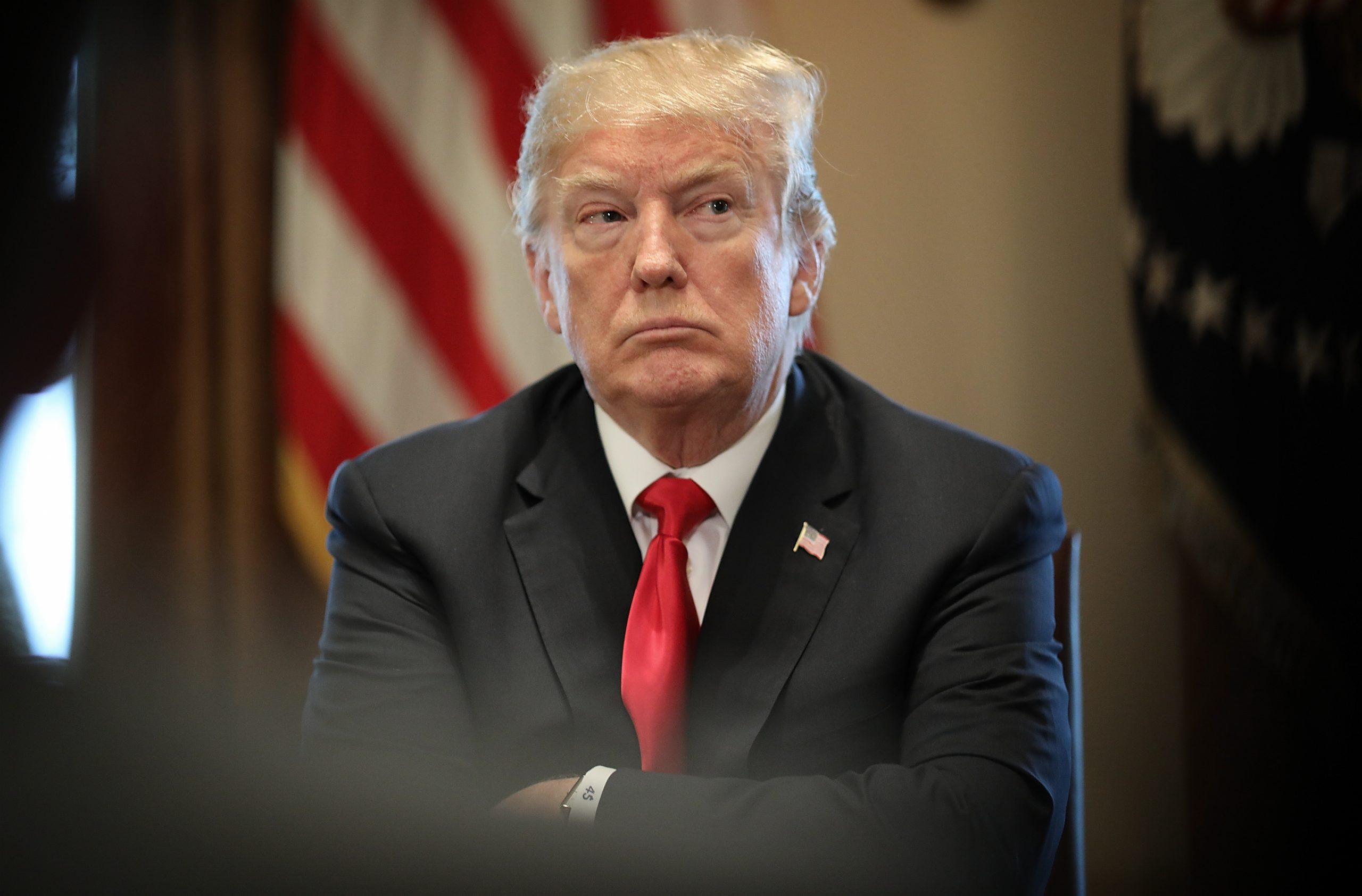Trump Defends Tariffs as Legal Battles and Global Trade Talks Escalate
03.06.2025 21:00 2 min. read Alexander Stefanov
Donald Trump is doubling down on his pro-tariff stance, crediting the policy for what he calls a booming U.S. economy.
But behind the confident messaging, his administration is juggling legal setbacks and high-stakes trade negotiations as key deadlines loom.
Two recent court rulings have challenged the legality of tariffs imposed under Trump’s “Liberation Day” campaign. Judges in both Manhattan and Washington, D.C. ruled that the measures may have exceeded the president’s legal authority. While a temporary hold has allowed some of the tariffs to remain in place, a more definitive ruling is expected later this month.
The contested tariffs—ranging from 11% to over 100%—were introduced in April but largely suspended for 90 days following market turbulence. That pause is set to expire in early July, adding pressure on U.S. trade officials to secure improved deals in a tight timeframe.
READ MORE:

Ripple’s RLUSD Stablecoin Gains Approval in Dubai, Set to Support Real Estate Tokenization
Trading partners are now being pushed to submit new tariff offers by June 4, with the White House signaling that up to 60 countries—including China, the EU, Vietnam, and South Africa—could face steep duties if no progress is made.
China remains a key target. Treasury Secretary Scott Bessent has accused Beijing of disrupting global supply chains and warned of strained economic ties unless significant progress is made. While the administration says a deal is still a priority, officials have not committed to a timeline.
According to businessman Howard Lutnick, who spoke with Fox News, the administration intends to hold firm as the tariff pause nears its end. He emphasized that the coming weeks will determine whether temporary pressure evolves into long-term policy.
-
1
U.S. PCE Inflation Rises for First Time Since February, Fed Rate Cut Likely Delayed
27.06.2025 18:00 1 min. read -
2
Key U.S. Economic Events to Watch Next Week
06.07.2025 19:00 2 min. read -
3
Gold Beats U.S. Stock Market Over 25 Years, Even With Dividends Included
13.07.2025 15:00 1 min. read -
4
U.S. Announces Sweeping New Tariffs on 30+ Countries
12.07.2025 16:30 2 min. read -
5
US Inflation Heats Up in June, Fueling Uncertainty Around Fed Cuts
15.07.2025 16:15 2 min. read
US Inflation Heats Up in June, Fueling Uncertainty Around Fed Cuts
U.S. inflation accelerated in June, dealing a potential setback to expectations of imminent Federal Reserve rate cuts.
Gold Beats U.S. Stock Market Over 25 Years, Even With Dividends Included
In a surprising long-term performance shift, gold has officially outpaced the U.S. stock market over the past 25 years—dividends included.
U.S. Announces Sweeping New Tariffs on 30+ Countries
The United States has rolled out a broad set of new import tariffs this week, targeting over 30 countries and economic blocs in a sharp escalation of its trade protection measures, according to list from WatcherGuru.
Key U.S. Economic Events to Watch Next Week
After a week of record-setting gains in U.S. markets, investors are shifting focus to a quieter yet crucial stretch of macroeconomic developments.
-
1
U.S. PCE Inflation Rises for First Time Since February, Fed Rate Cut Likely Delayed
27.06.2025 18:00 1 min. read -
2
Key U.S. Economic Events to Watch Next Week
06.07.2025 19:00 2 min. read -
3
Gold Beats U.S. Stock Market Over 25 Years, Even With Dividends Included
13.07.2025 15:00 1 min. read -
4
U.S. Announces Sweeping New Tariffs on 30+ Countries
12.07.2025 16:30 2 min. read -
5
US Inflation Heats Up in June, Fueling Uncertainty Around Fed Cuts
15.07.2025 16:15 2 min. read

